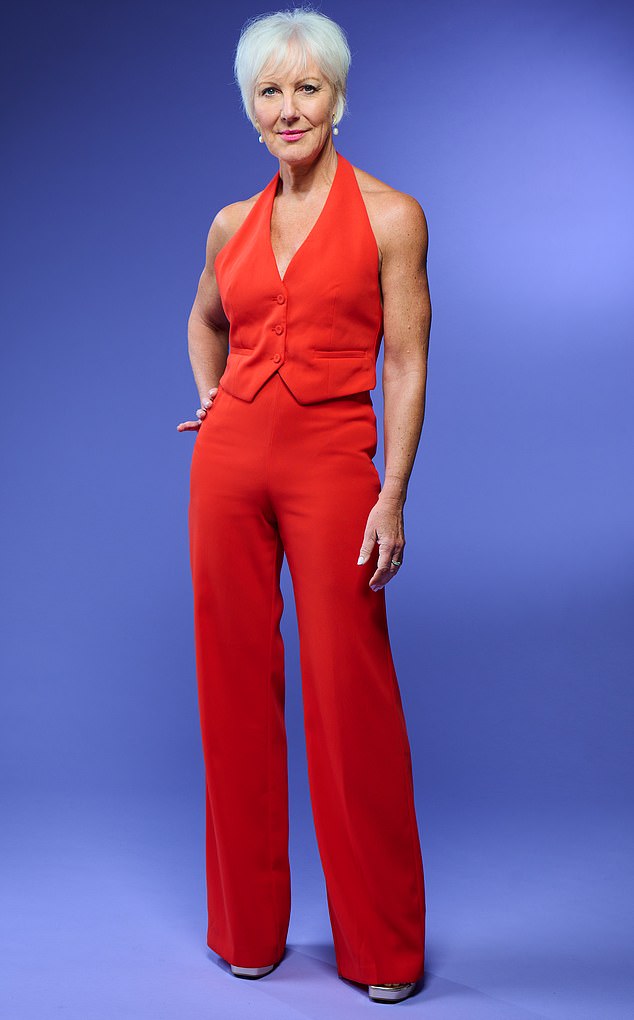Sweden’s recycling centres are overflowing with clothes after an EU-wide ban this year on throwing away textiles, leaving overwhelmed municipalities eager to have fast fashion giants take responsibility.
“It’s a huge amount coming in every day. It’s been crazy, it’s a huge increase,” said Brian Kelly, secretary general of the Artikel2 charity shop in the capital city of Stockholm, where rows of bins were overfilled with discarded apparel.
Since the beginning of this year, EU countries must have separate textile recycling, alongside existing processes for glass, paper and food waste.
“We have seen a 60 per cent increase in textiles collected in January and February this year compared with the same period last year,” said Karin Sundin, an expert on textile waste at the waste and recycling management company Stockholm Vatten och Avfall.
Once the textiles are sorted, some 60 to 70 per cent is designated for reuse, and 20 to 30 per cent for recycling as padding, isolation or composite materials.


